Exploring the Landscape of Bloomington, Minnesota: A Comprehensive Guide
Related Articles: Exploring the Landscape of Bloomington, Minnesota: A Comprehensive Guide
Introduction
With great pleasure, we will explore the intriguing topic related to Exploring the Landscape of Bloomington, Minnesota: A Comprehensive Guide. Let’s weave interesting information and offer fresh perspectives to the readers.
Table of Content
Exploring the Landscape of Bloomington, Minnesota: A Comprehensive Guide
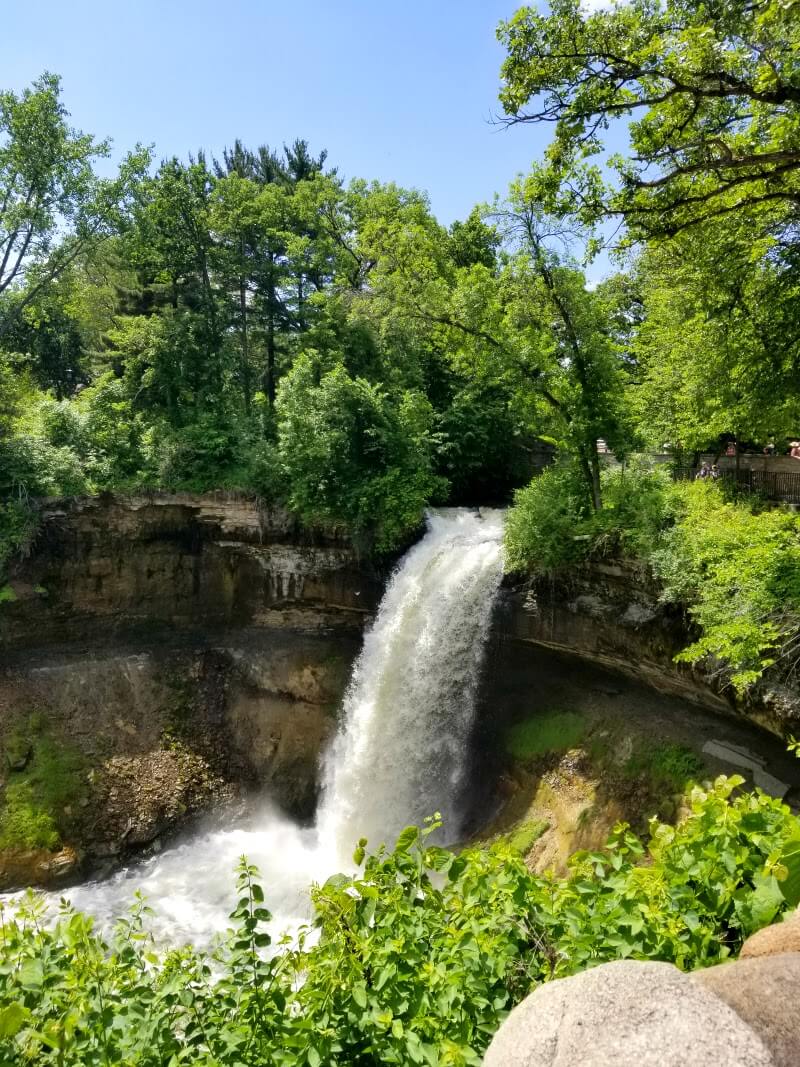
Bloomington, Minnesota, a vibrant city situated just south of Minneapolis, boasts a rich tapestry of history, culture, and natural beauty. Its strategic location, coupled with a thriving economy and diverse community, makes it a dynamic and desirable place to live, work, and explore.
Understanding the City’s Layout
Bloomington’s geography is characterized by rolling hills and sprawling green spaces, offering a unique blend of urban and suburban living. The city’s layout, as depicted on a map, reveals a well-planned infrastructure with major thoroughfares connecting its various neighborhoods. The Minnesota River, a prominent natural feature, winds its way through the city, creating scenic vistas and recreational opportunities.
Navigating the City’s Key Areas
- Downtown Bloomington: This bustling hub is the city’s commercial center, featuring a vibrant mix of retail shops, restaurants, and entertainment venues. The Mall of America, a global retail destination, is a prominent landmark within this area.
- The Normandale Area: This residential neighborhood is known for its tree-lined streets, single-family homes, and convenient access to the University of Minnesota, Normandale Community College, and the Mall of America.
- The South Loop Area: This area, located along the Minnesota River, features a mix of residential and commercial properties, including the Bloomington Central Park and the popular Minnesota Valley National Wildlife Refuge.
- The East Bloomington Area: This primarily residential area offers a quiet and family-friendly environment, with parks, schools, and community centers spread throughout.
Exploring Points of Interest
Bloomington’s map reveals a diverse array of attractions, catering to various interests:
- The Mall of America: A global shopping and entertainment complex, it features over 500 stores, an amusement park, an aquarium, and numerous dining options.
- The Minnesota Valley National Wildlife Refuge: A haven for nature enthusiasts, this refuge offers hiking trails, birdwatching opportunities, and a glimpse into the region’s diverse flora and fauna.
- The Bloomington Central Park: A sprawling green space, this park provides recreational opportunities, including walking paths, playgrounds, and a community center.
- The Minnesota Zoo: Home to a wide variety of animals, the zoo offers interactive exhibits and educational programs for all ages.
- The University of Minnesota, Normandale Community College: These educational institutions contribute to the city’s intellectual and cultural landscape, fostering innovation and community engagement.
Transportation and Mobility
Bloomington’s transportation network is well-developed, providing residents and visitors with multiple options for getting around:
- Public Transportation: The city is served by Metro Transit, offering bus routes and light rail lines connecting to Minneapolis and surrounding areas.
- Roads and Highways: Major highways, such as Interstate 35W and Interstate 494, provide easy access to other parts of the Twin Cities metropolitan area.
- Cycling Infrastructure: Bloomington has a network of bike paths and lanes, encouraging sustainable and active transportation.
A City in Motion
Bloomington’s map reflects its dynamism, showcasing a city that is constantly evolving. New developments, community initiatives, and cultural events contribute to its vibrant character. The city’s commitment to sustainability, innovation, and inclusivity ensures a promising future for its residents and visitors alike.
Frequently Asked Questions (FAQs)
Q: What is the population of Bloomington, Minnesota?
A: The population of Bloomington, Minnesota, is approximately 86,000.
Q: What is the cost of living in Bloomington?
A: The cost of living in Bloomington is generally considered to be slightly higher than the national average, but lower than the average for the Twin Cities metropolitan area.
Q: What are the major employers in Bloomington?
A: Major employers in Bloomington include the Mall of America, the University of Minnesota, Normandale Community College, and various healthcare and technology companies.
Q: What are the best places to eat in Bloomington?
A: Bloomington offers a diverse culinary scene, with options ranging from fine dining to casual eateries. Popular choices include restaurants specializing in American, Asian, Mexican, and Italian cuisines.
Q: What are some tips for visiting Bloomington?
Tips for Visiting Bloomington
- Plan your visit around major events: Bloomington hosts various festivals, concerts, and sporting events throughout the year.
- Explore the city’s parks and green spaces: Bloomington offers numerous parks and green spaces, providing opportunities for outdoor recreation and relaxation.
- Visit the Mall of America: This iconic shopping and entertainment complex is a must-visit for any visitor to Bloomington.
- Take advantage of public transportation: Bloomington’s public transportation system is efficient and affordable, making it easy to get around the city.
Conclusion
A map of Bloomington, Minnesota, unveils a city brimming with potential, offering residents and visitors a unique blend of urban amenities, natural beauty, and community spirit. Its strategic location, diverse economy, and commitment to progress make it a thriving and desirable place to call home.

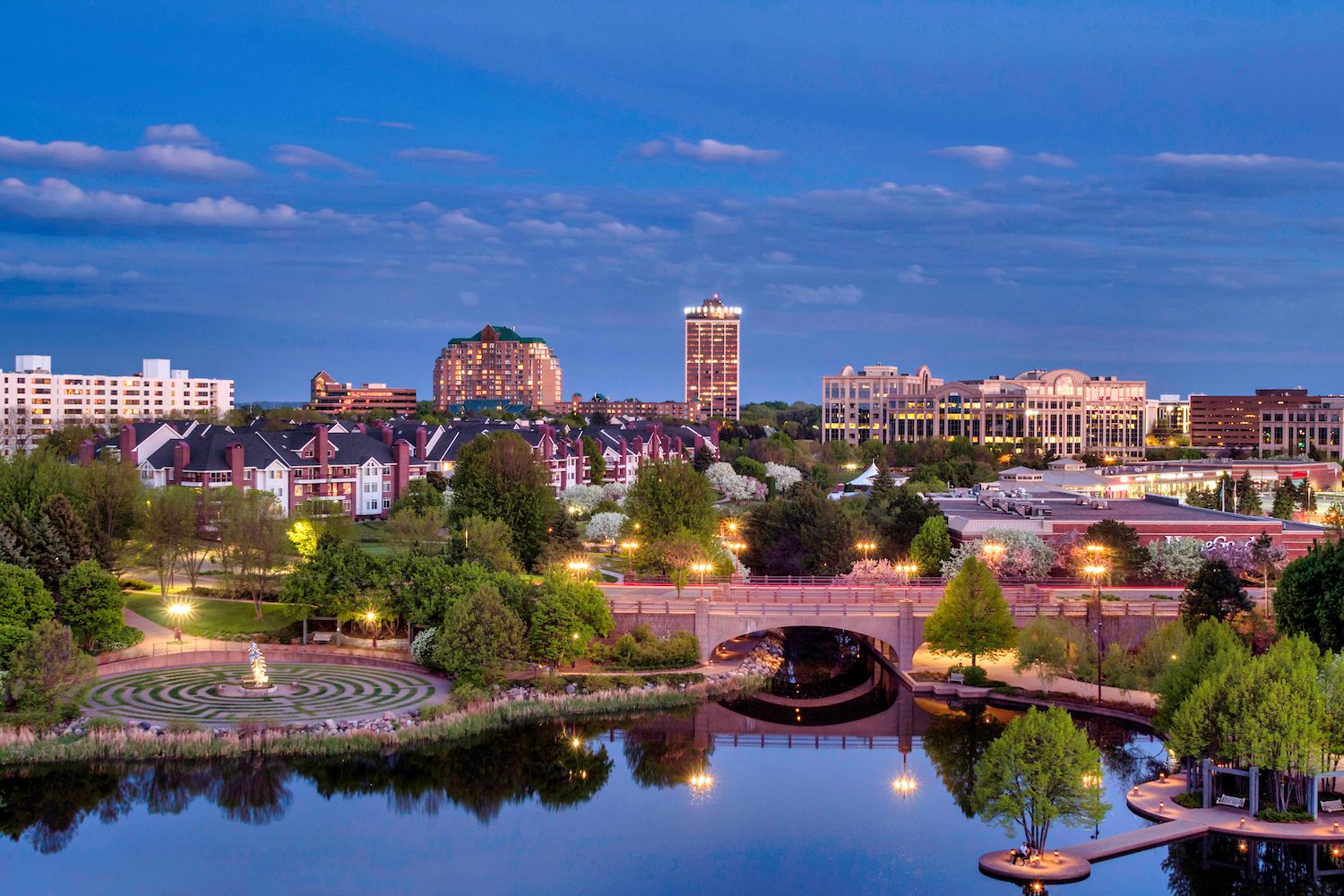
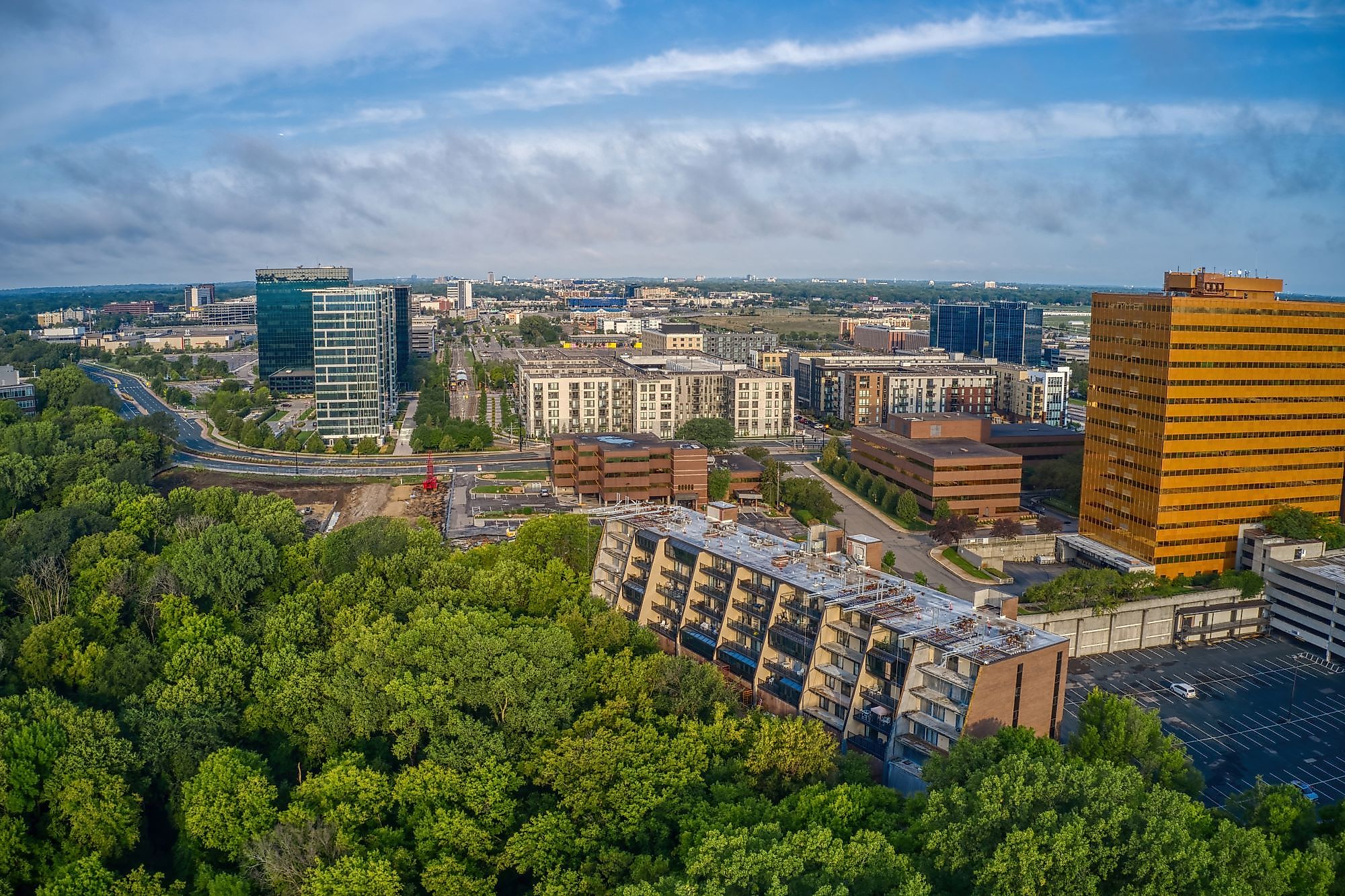
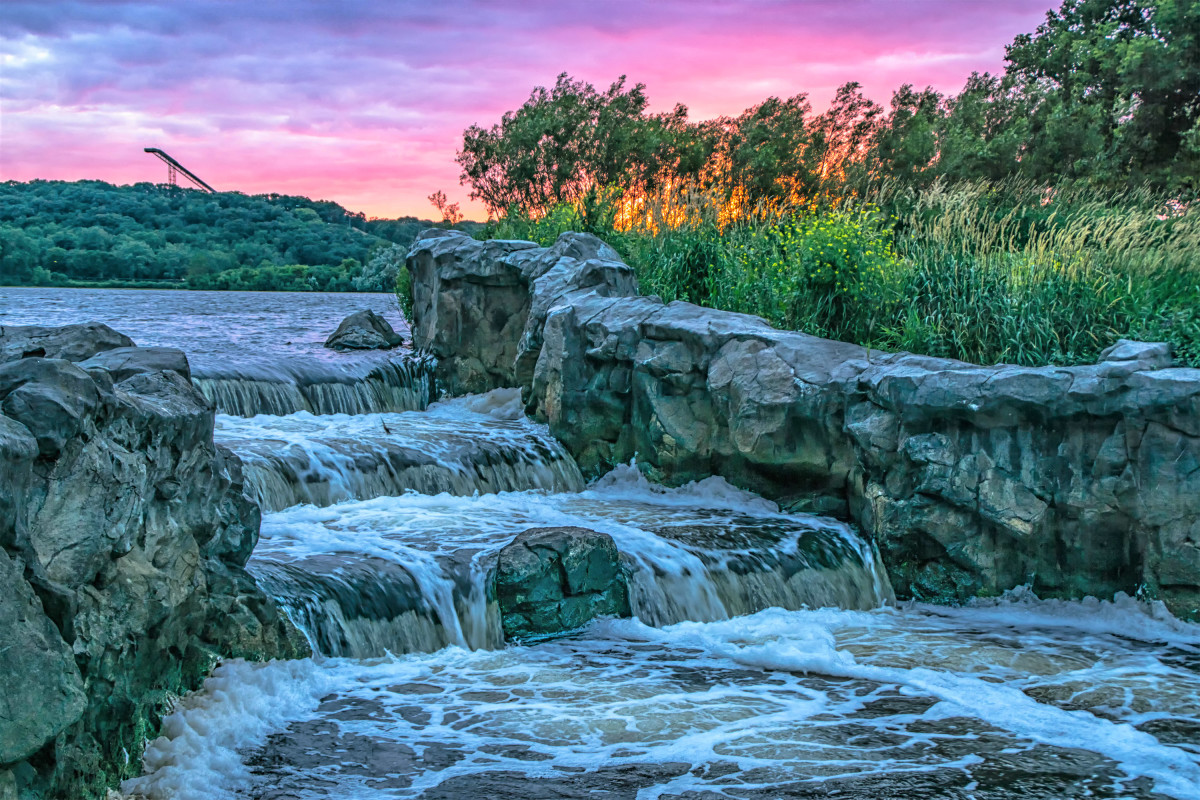
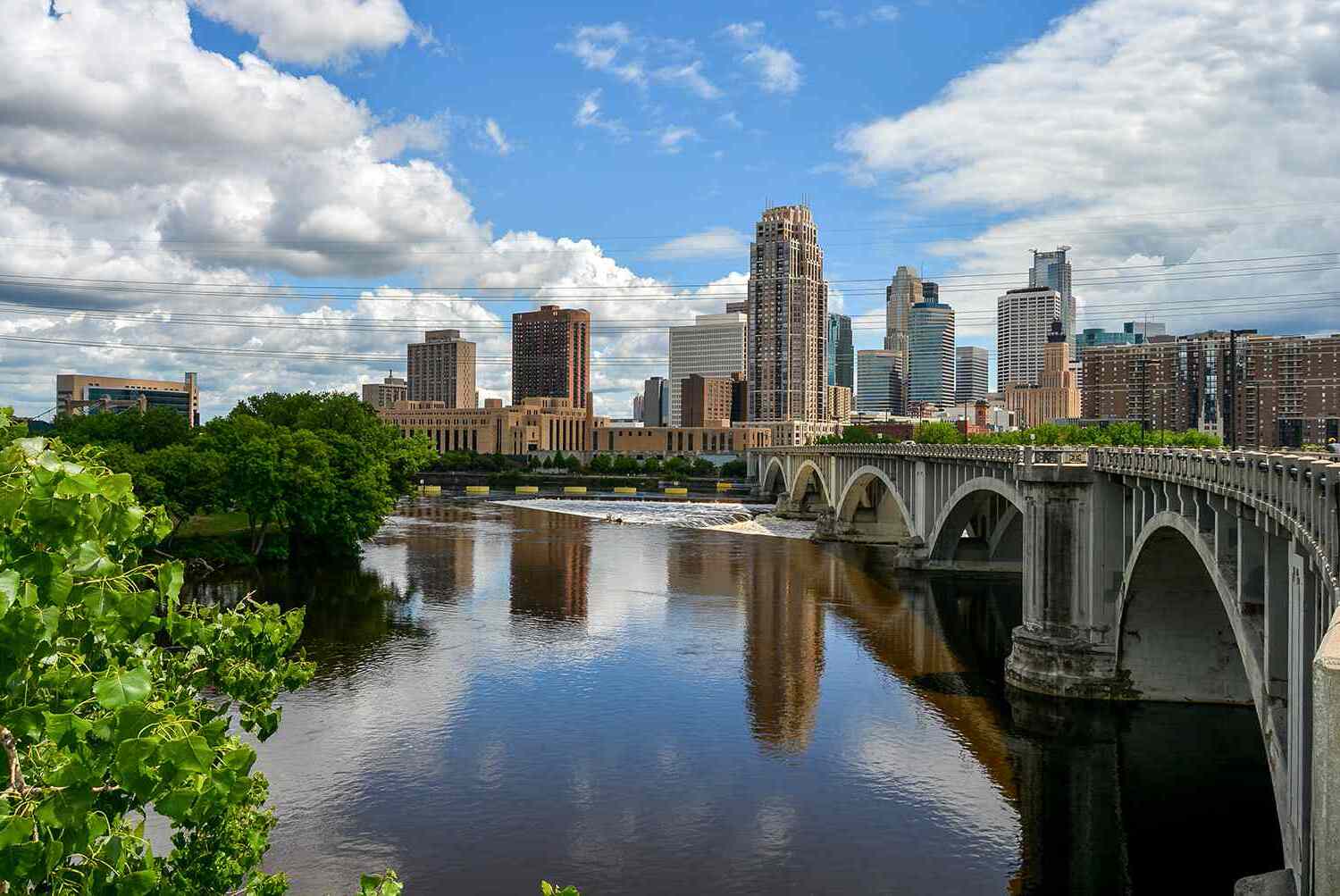

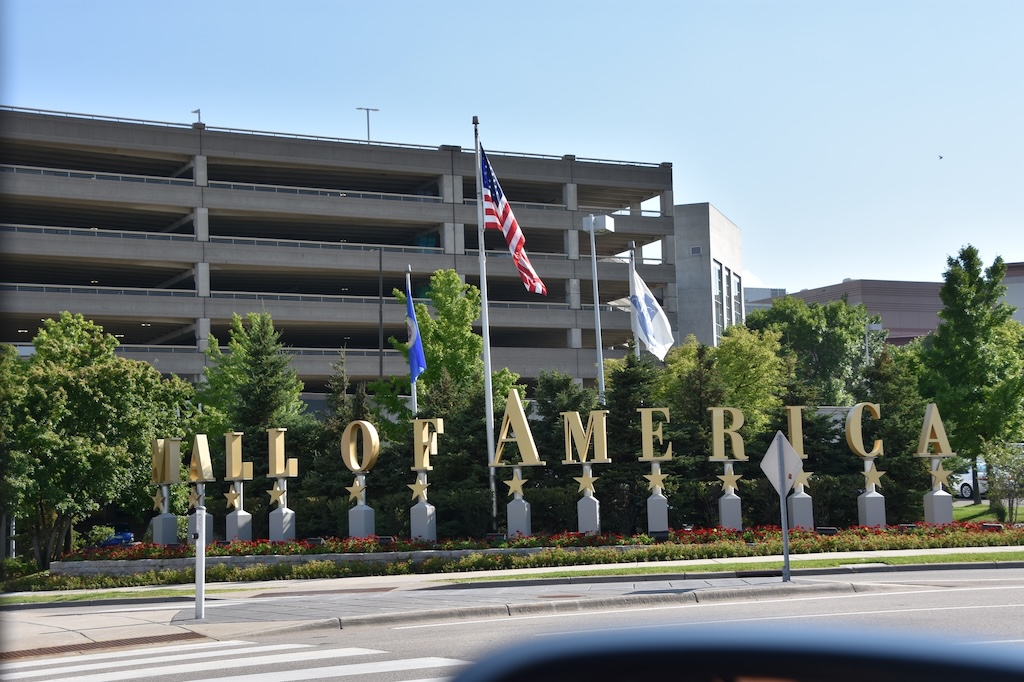

Closure
Thus, we hope this article has provided valuable insights into Exploring the Landscape of Bloomington, Minnesota: A Comprehensive Guide. We thank you for taking the time to read this article. See you in our next article!